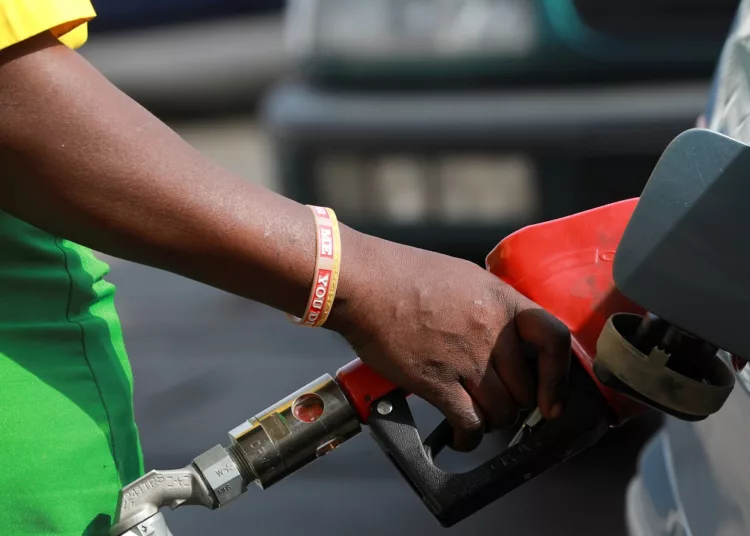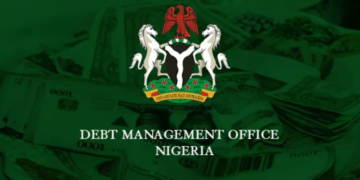In recent times, the Nigerian government has been grappling with the challenging decision of removing fuel subsidies, a move that has far-reaching implications for the masses. The removal of subsidies, though often deemed necessary for economic sustainability, raises concerns about its impact on the average Nigerian citizen, particularly those already burdened by the challenges of daily living.
Fuel subsidies have traditionally been a double-edged sword in Nigeria. While intended to ease the financial burden on the government and stimulate economic growth, its removal has triggered a domino effect on the cost of living. One of the most immediate and tangible consequences is the surge in fuel prices, directly affecting transportation costs and subsequently impacting the prices of goods and services.
Transportation is the lifeblood of Nigeria’s economic activities, and the majority of citizens heavily rely on it for their daily commutes. As fuel prices increase, the cost of transportation follows suit, resulting in a spike in the prices of essential goods. This ripple effect is especially challenging for low-income earners who allocate a significant portion of their income to basic necessities.
Moreover, the removal of fuel subsidies has contributed to inflationary pressures, making the overall economic landscape more challenging for the average citizen. Inflation erodes the purchasing power of consumers, making it harder for individuals and families to meet their basic needs. This situation becomes more pronounced for vulnerable populations, amplifying existing socioeconomic disparities.
On the flip side, proponents of subsidy removal argue that it could lead to a more efficient allocation of resources, allowing the government to redirect funds to critical sectors such as healthcare, education, and infrastructure. If managed judiciously, these redirected funds could potentially create long-term benefits for the masses by improving public services and fostering economic growth.
However, the success of such a transition heavily depends on the government’s commitment to transparency, accountability, and effective governance. Clear communication and well-thought-out policies are essential to reassure the public and mitigate the short-term shocks associated with subsidy removal.
In navigating the complexities of fuel subsidy removal, it is imperative for the Nigerian government to implement accompanying measures to protect the vulnerable segments of society. Social safety nets, targeted subsidies for essential commodities, and initiatives to bolster small and medium-sized enterprises can help cushion the impact on the masses.
In conclusion, the removal of fuel subsidies in Nigeria is a multifaceted issue with both potential benefits and immediate challenges. Striking a balance between economic reforms and social welfare is crucial to ensure that the burden does not disproportionately fall on the shoulders of the already marginalized. A carefully crafted and well-executed strategy can pave the way for a more sustainable economic future for Nigeria while safeguarding the well-being of its citizens. The following solution should be considered.
Social Safety Nets: Implement robust social safety net programs to support vulnerable populations affected by the subsidy removal. This could include targeted cash transfers, food assistance programs, and healthcare subsidies to alleviate the immediate burden on low-income earners.
Transparency and Accountability: Ensure transparency in the utilization of funds saved from subsidy removal. Establish mechanisms for public oversight and accountability to build trust and confidence in the government’s economic policies.
Gradual Phasing-out: Consider a phased and gradual approach to subsidy removal to lessen the immediate impact on consumers. This allows individuals and businesses to adjust gradually and may provide the government with more time to implement complementary measures.
Investment in Infrastructure: Direct funds saved from subsidy removal towards critical infrastructure projects. Improving transportation, power, and other essential infrastructure can contribute to long-term economic growth and reduce the reliance on fuel subsidies.
Promotion of Alternative Energy Sources: Encourage the adoption of alternative and renewable energy sources to reduce dependence on fossil fuels. Investing in clean energy initiatives can have environmental and economic benefits while providing sustainable alternatives to traditional fuel sources.
Support for Small and Medium-sized Enterprises (SMEs): Provide financial and regulatory support to SMEs, which often bear the brunt of increased operational costs. This could include targeted subsidies, low-interest loans, and capacity-building programs to help businesses navigate economic changes.
Public Awareness Campaigns: Conduct comprehensive public awareness campaigns to educate citizens about the reasons behind subsidy removal, the potential long-term benefits, and the accompanying measures in place to mitigate immediate hardships. Clear communication can help manage expectations and build understanding.
Diversification of the Economy: Pursue economic diversification strategies to reduce dependence on oil revenue. Developing other sectors, such as agriculture, manufacturing, and technology, can create alternative sources of income and contribute to a more resilient and diversified economy.
Collaboration with Stakeholders: Engage with stakeholders, including civil society organizations, labor unions, and the private sector, to solicit input and build consensus on the best way forward. Inclusive decision-making processes can lead to more sustainable and widely accepted solutions.
Monitoring and Evaluation: Establish a robust monitoring and evaluation framework to assess the impact of subsidy removal over time. This will allow the government to make informed adjustments to policies based on real-time data and feedback from affected communities.
– Otu is of the Department of Mass Communication, Veritas University Bwari, Abuja





